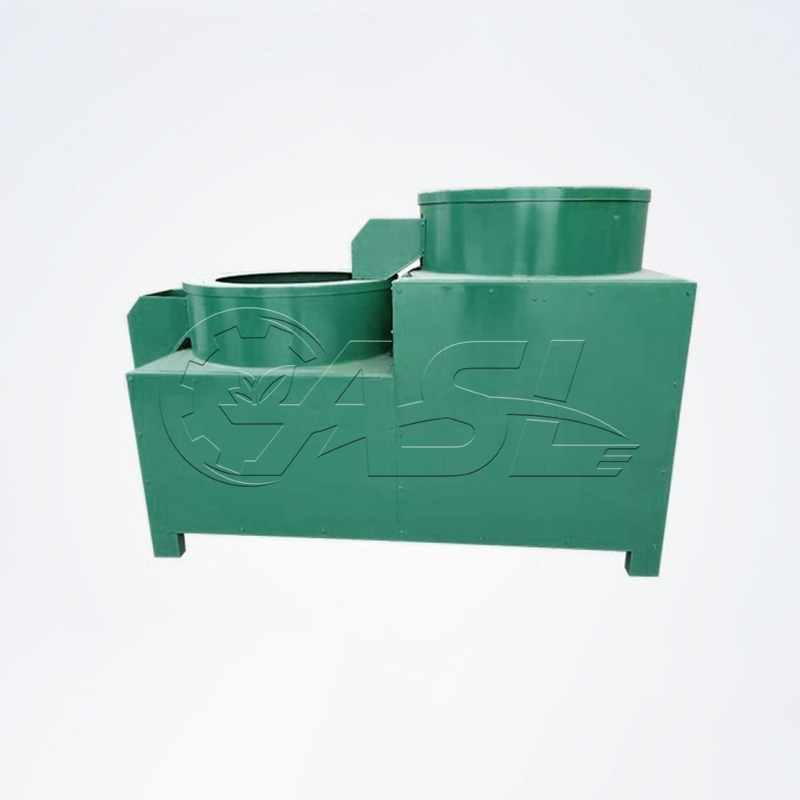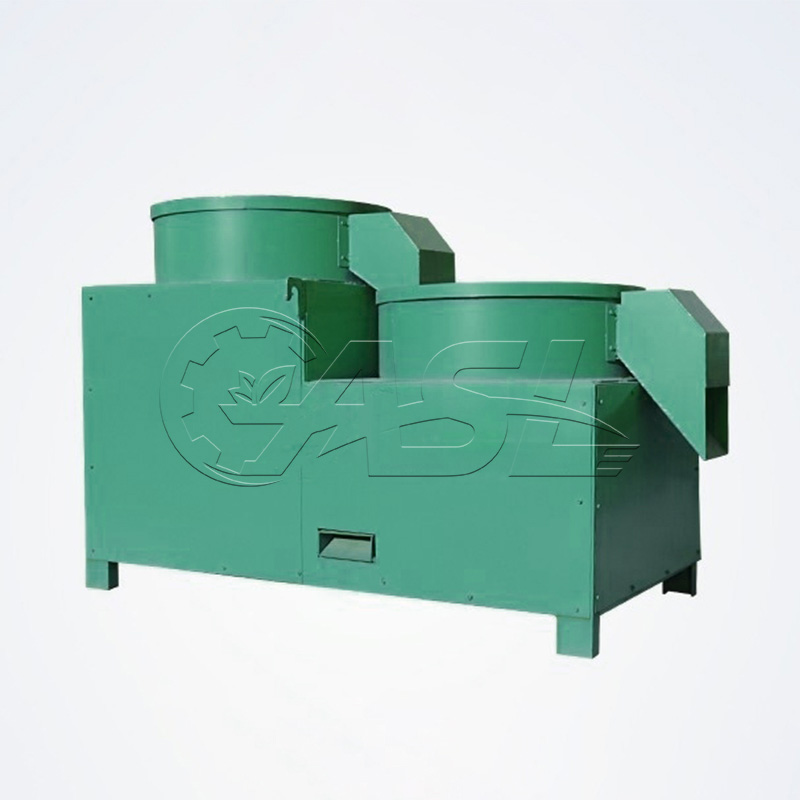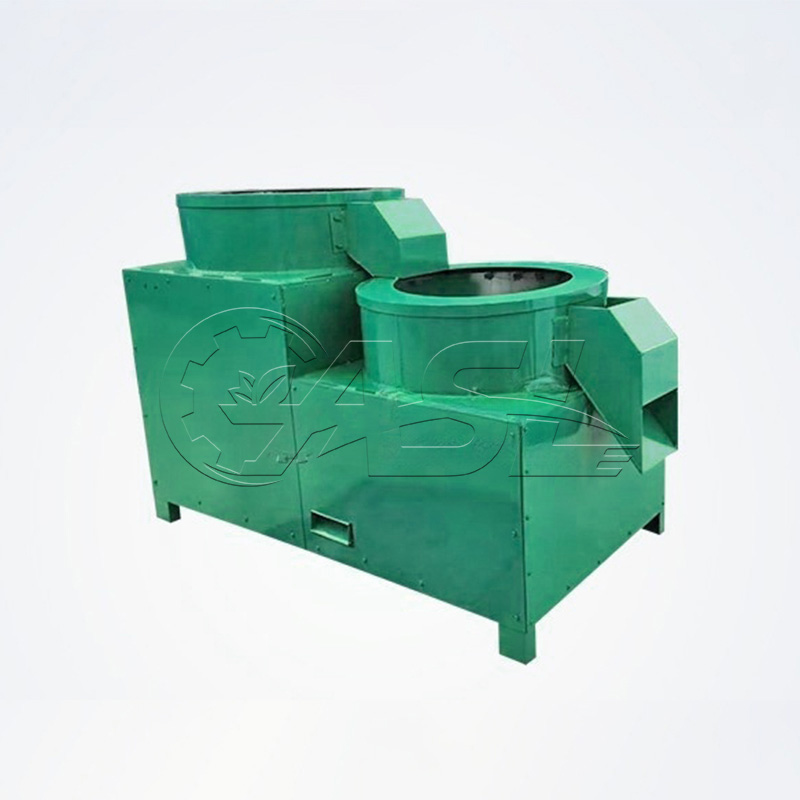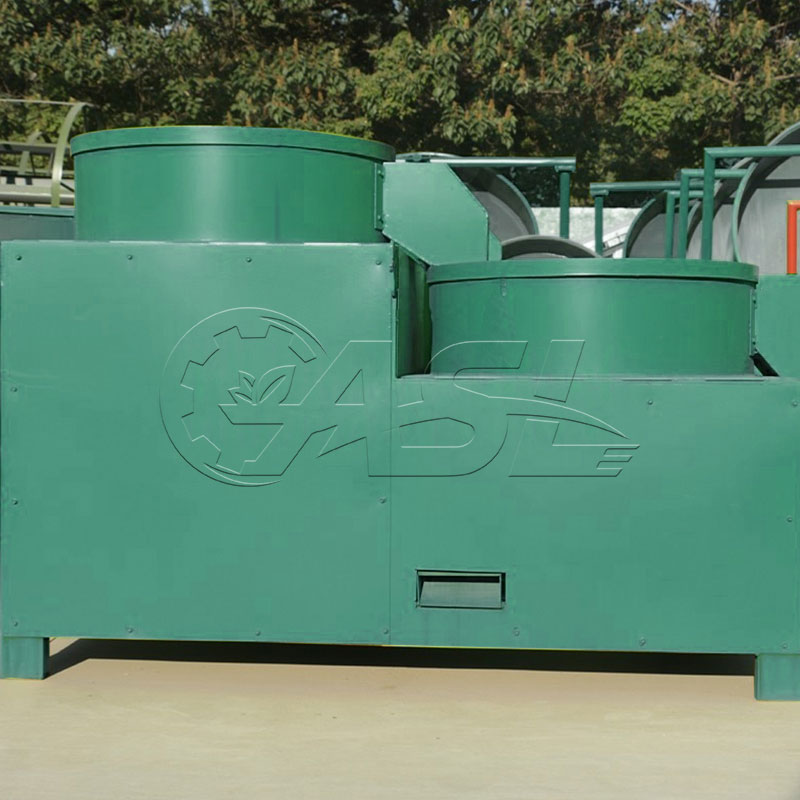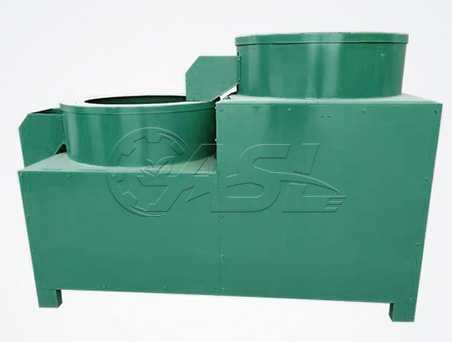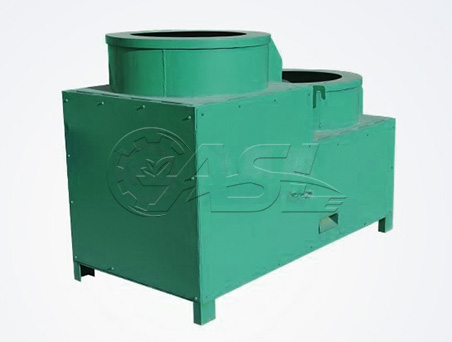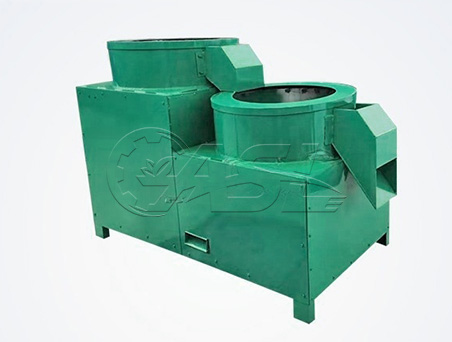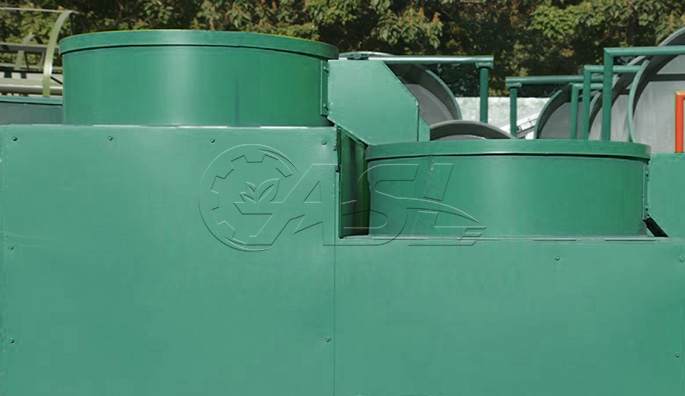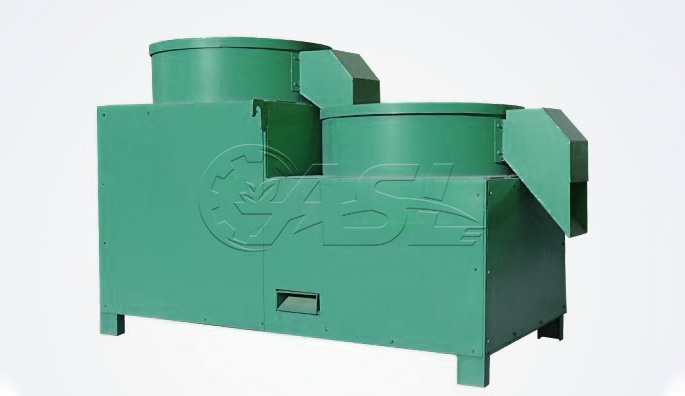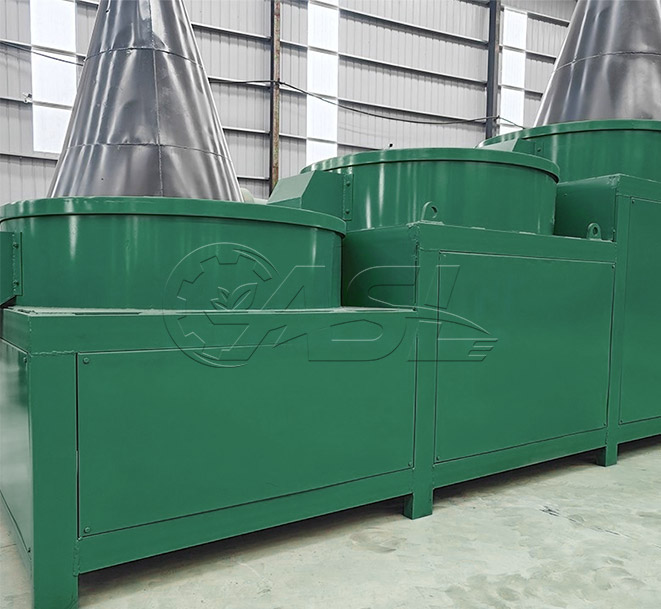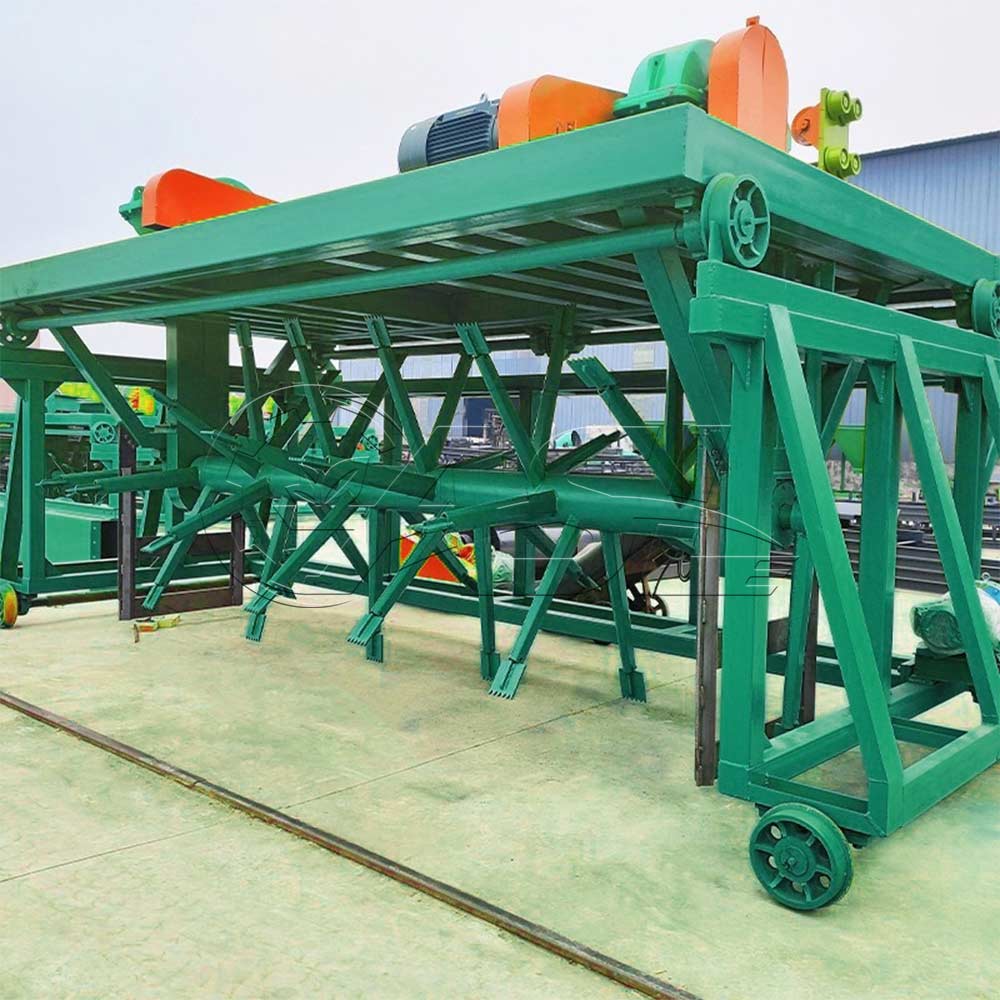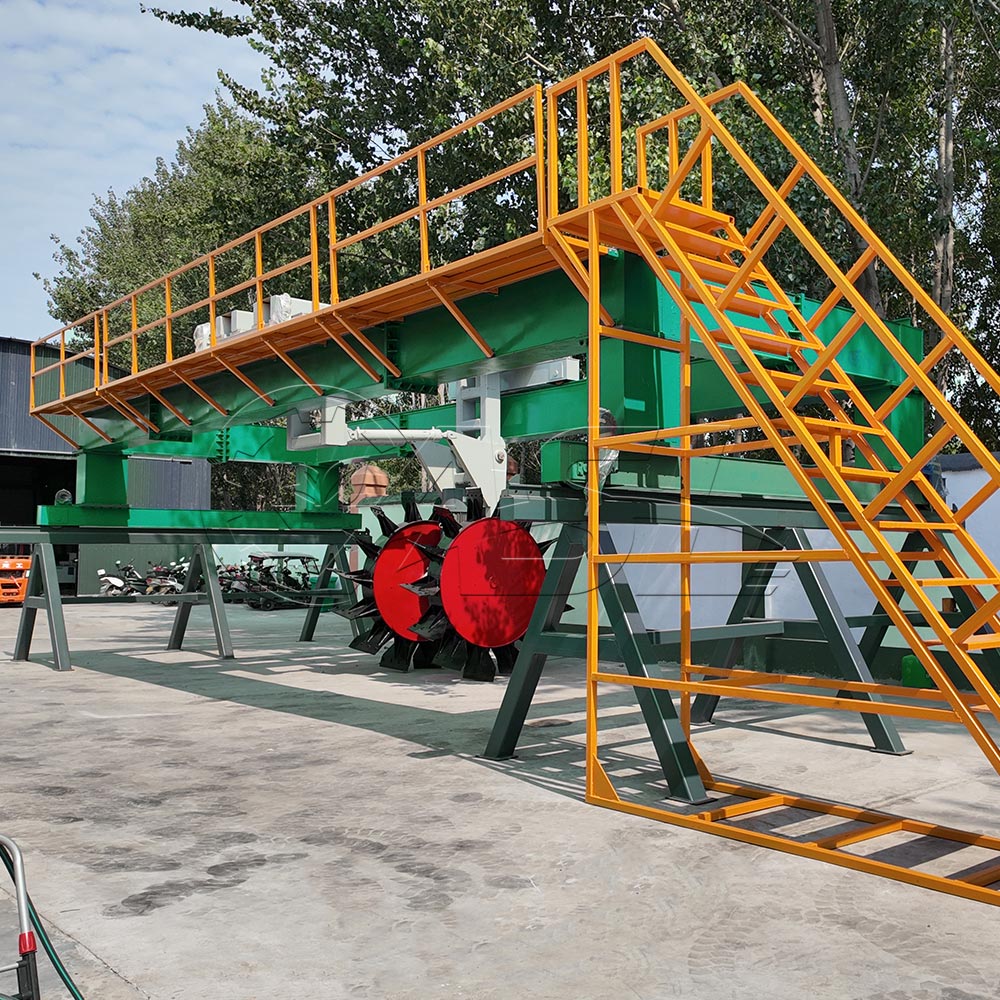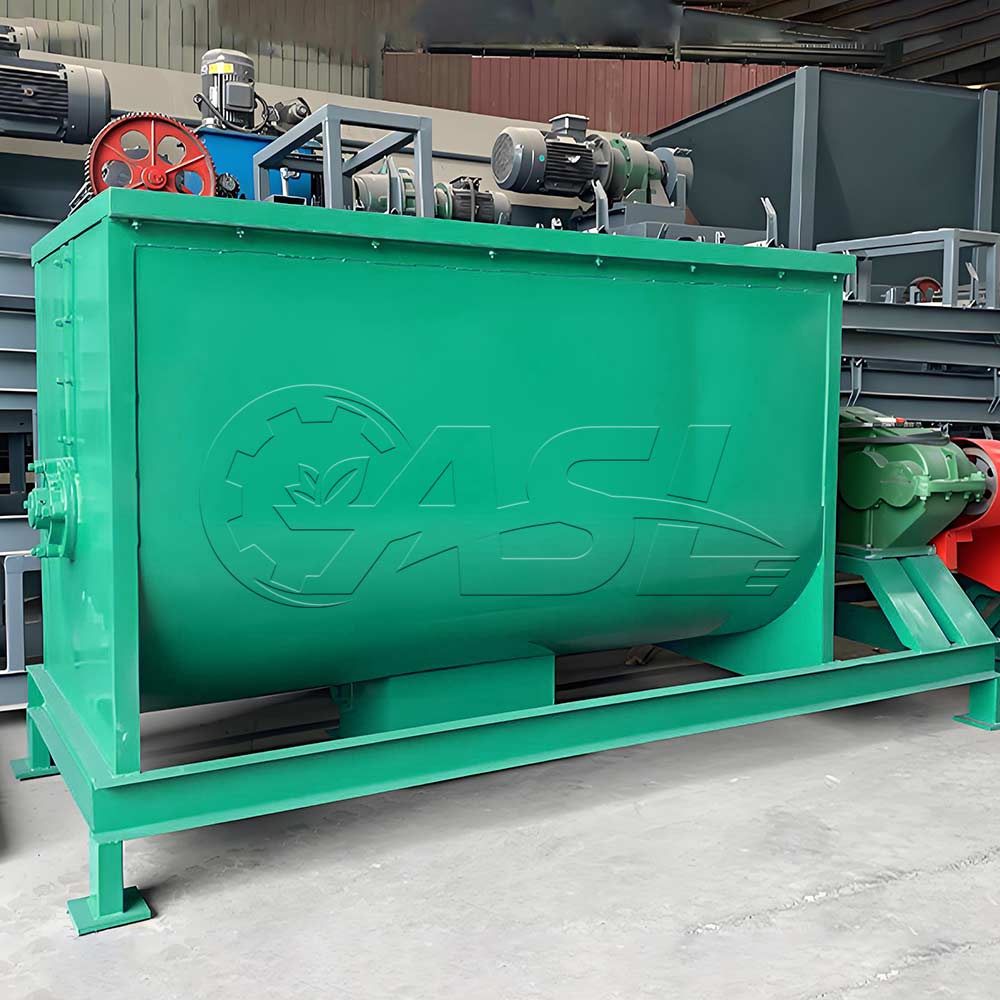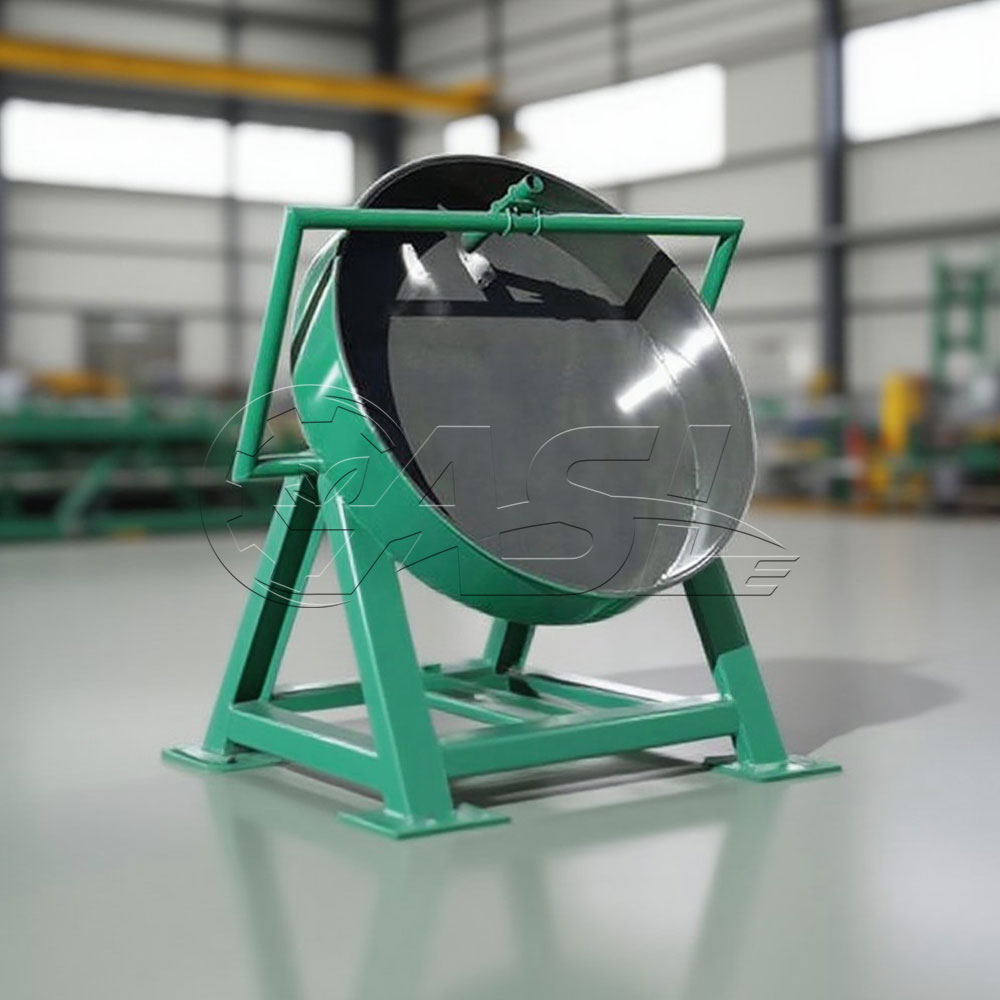What types of fertilizers are suitable for rounding machines?
They are primarily suitable for various types of granular fertilizers, including organic fertilizer granules, compound fertilizer granules, and BB fertilizer (blended fertilizer) granules. They are particularly suitable for fertilizers with high requirements for granule shape, such as fertilizers used in drip or sprinkler irrigation (to reduce the risk of clogging) or for commercial fertilizers that require aesthetically pleasing appearance. However, it is important to note that for granules that are too fragile or easily broken (such as some lightweight organic fertilizers), the rounding time and intensity should be controlled to avoid excessive breakage.
What standard can be achieved for the roundness of the granules after rounding?
High-quality rounding machines can achieve a sphericity of 0.85 or higher (the closer the sphericity is to 1, the closer it is to a perfect sphere), with a smooth surface without noticeable edges and corners, and particle size uniformity improved by over 30%. For example, originally irregular columnar or blocky granules can be rounded to spherical granules with a diameter deviation of ≤1mm after rounding, meeting the appearance and flowability requirements of high-end fertilizers.
Can it be used in conjunction with other organic fertilizer production equipment?
Organic fertilizer rounding machines can be integrated with other organic fertilizer production equipment to form a complete production line. In a typical organic fertilizer production process, the raw materials first undergo thorough fermentation in a fermentation machine to render them harmless and stabilize them. The fermented material is then pelletized by a granulator. These pre-formed pellets then enter a rounding machine for rounding, improving their appearance and physical properties. The rounded pellets then pass through a dryer to reduce moisture content and improve storage stability. They are then screened to select qualified products, while unqualified pellets are returned to the previous process for reprocessing. Finally, qualified organic fertilizer pellets enter the packaging machine for packaging, completing the entire production process. An automated control system ensures seamless integration between various equipment, automatically adjusting operating parameters based on production needs, significantly improving production efficiency and product quality.
Do the rounded fertilizer pellets require any further processing?
Fertilizer pellets typically require some post-processing after rounding. Screening is the first step. While the rounding machine can achieve the desired roundness and size for most pellets, a small number of pellets may not meet the standards. Screening equipment can separate these unqualified particles and return them to the previous process for reprocessing. Secondly, some fertilizers with high storage and usage requirements may require coating. Coating forms a protective layer on the surface of the particles, slowing the release of nutrients and improving fertilizer utilization. It also prevents moisture absorption and clumping during storage. Furthermore, in some cases, the rounded particles may need to be cooled, especially after rounding and drying, when the particles are still hot. Cooling makes them easier to package and store.
